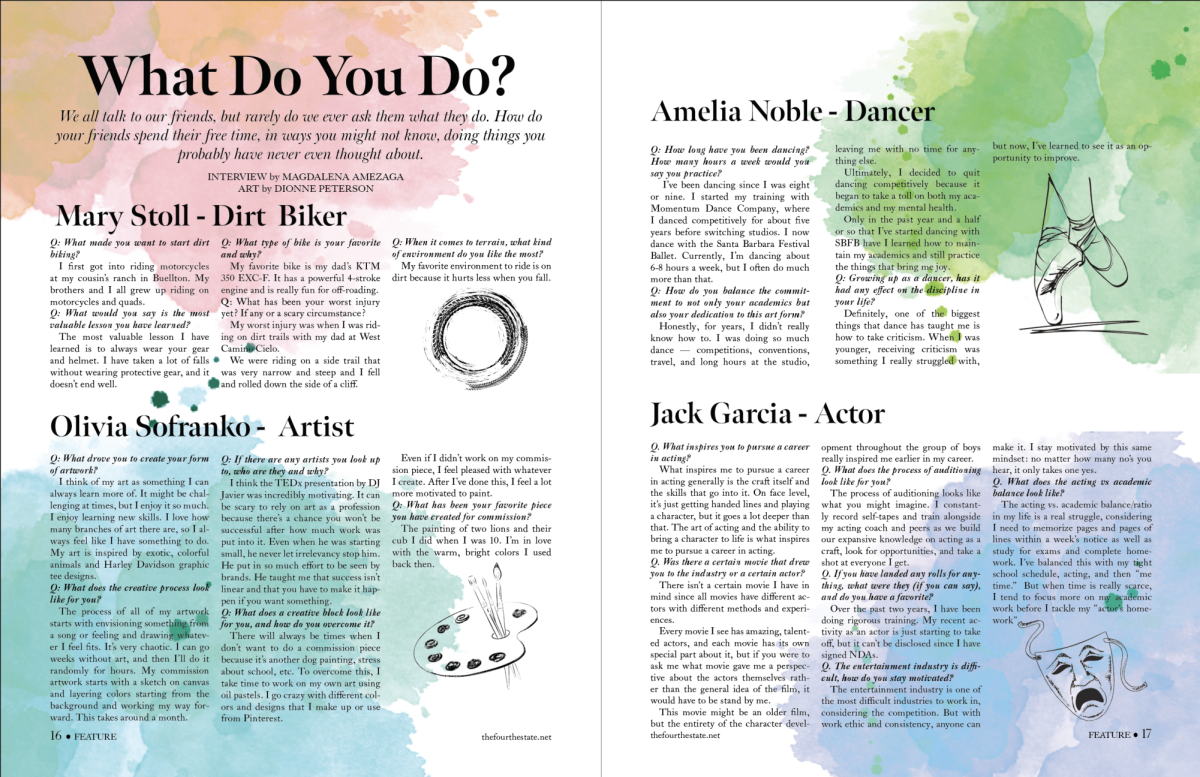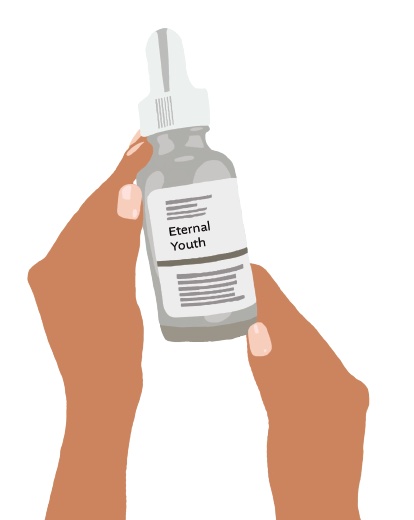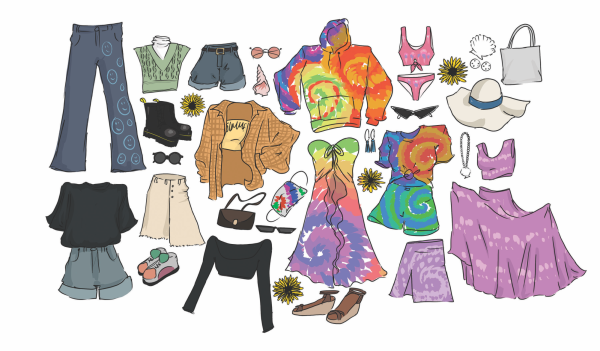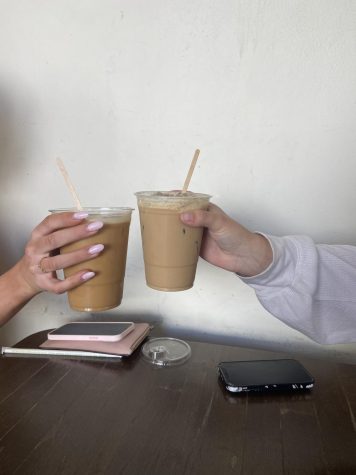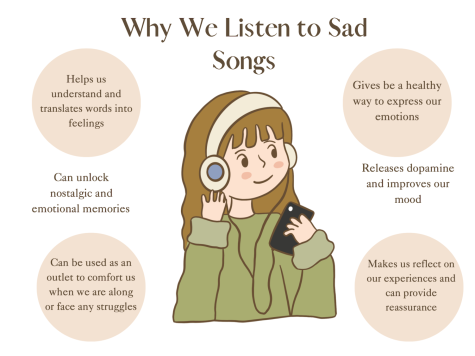The “Grandma” Era
Why teens and young adults are choosing to stay in on Saturdays for self-care nights rather than social soirees.
June 5, 2023
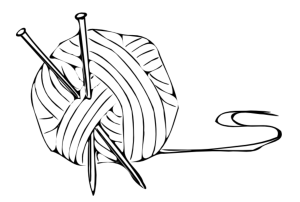
Knitting. Reading. Crafting. Crocheting. Gardening. Baking. Scrapbooking. Puzzling. These are the general hobbies that come to mind when one pictures the life of a grandmother, on average above the age of 65. So why are young adults declaring themselves to be in a “Grandma Era” in their teenage years and early 20s? While many youths choose to become socialites by going out every night, a group has arisen on social media, declaring to be living more slow-paced lives; resembling those of elders.
Post-pandemic, lots of teenagers and young adults are re-entering their social lives and exploring lifestyle opportunities. This term “Grandma Era” may have arisen as a joke, however, it describes how some have been choosing to spend their time quietly rather than jumping into party culture.
This idea prioritizes self-care above all else. The shift from partying and “living while you’re young” comes down to personal choices and mental health, and typical youth activities are being overturned for other hobbies. Arising self-care influencers encourage spending days in peace, surrounding yourself with joyful activities and mindful practices, such as healthy cooking and baking, coloring and drawing as a form of meditation, as well as creating sustainable clothing by knitting, crocheting, or shopping secondhand.
Even the New York Times’ game of Wordle, which hit a spike in popularity last year, resembles the humble word puzzles found in classic newspapers, which are commonly linked as a more mature pastime. Not only do hobbies such as these encourage creativity, but they may also improve mood. Keeping up with hobbies is linked to lower levels of depression, lower stress, better physical health, more sleep, improved work conduct, and boosted serotonin
These “Grandma Era” practices may be linked with introverts, however, the normalization of staying home on Friday nights and going to bed earlier benefits young adults by creating healthy habits and hobbies that will help them connect with productivity and appropriate rest, alone time, and reflection periods without a constant “busy” mentality to uphold.
Life is about balance, between socializing and alone time, there should be room for all “eras” that may come into trend.





